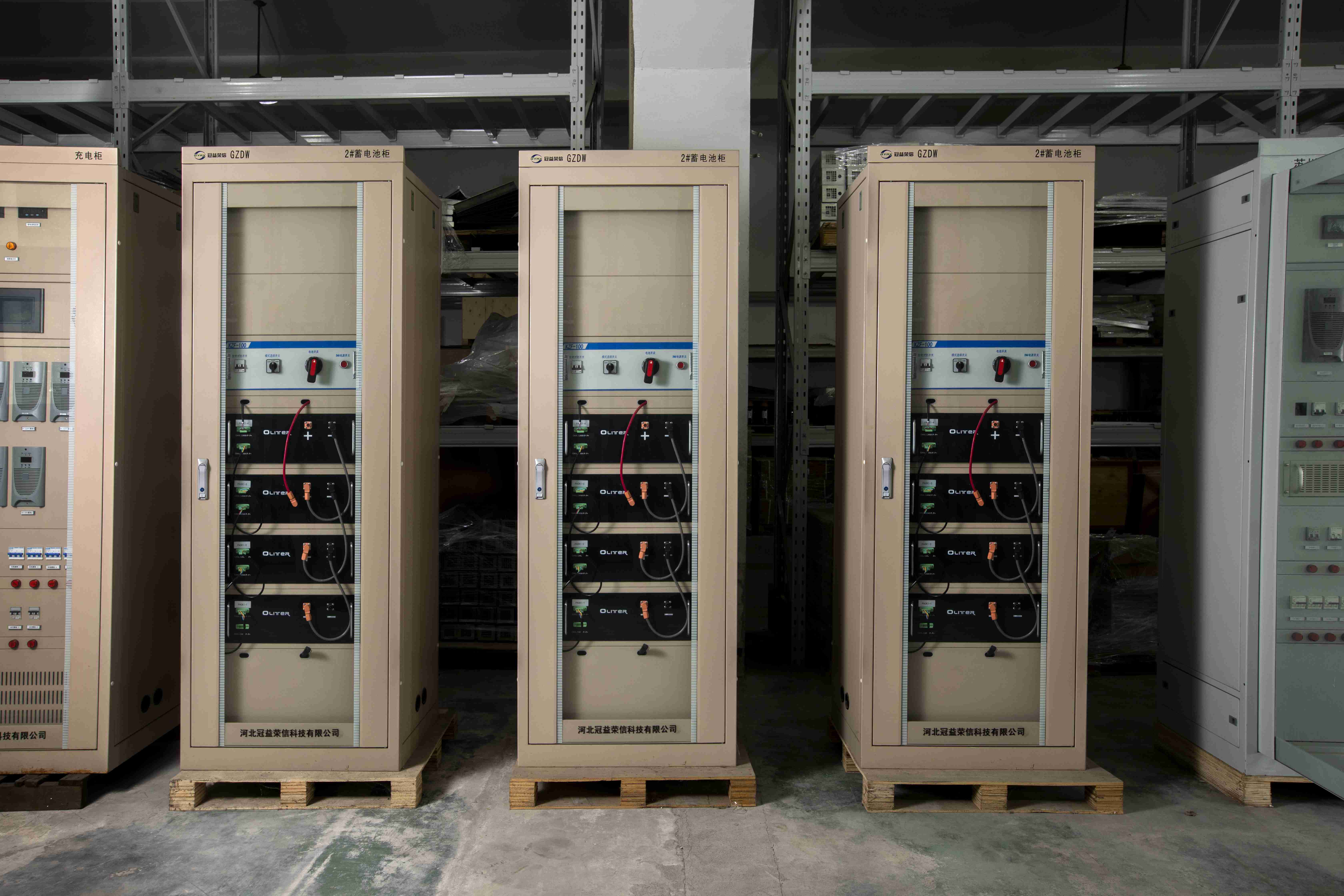
Oct . 12, 2024 21:15 Back to list
Exploring Innovations in Lithium Phosphate Battery Technology and Its Applications
Lithium Phosphate Battery Products A Comprehensive Overview
Lithium phosphate batteries, often referred to as lithium iron phosphate (LiFePO4) batteries, represent a significant breakthrough in energy storage technology. These batteries have gained popularity across various industries due to their unique characteristics, such as safety, thermal stability, long cycle life, and environmental friendliness. In this article, we will explore the key features, applications, and advantages of lithium phosphate battery products.
Composition and Structure
Lithium phosphate batteries use lithium iron phosphate as a cathode material, which distinguishes them from other lithium-ion batteries that generally utilize cobalt or nickel. The chemical structure of LiFePO4 is stable and non-toxic, making it an appealing choice for both manufacturers and consumers concerned with the environmental impact of battery production and disposal.
One of the most notable aspects of lithium phosphate batteries is their thermal stability. They have a higher thermal runaway threshold, which reduces the risk of overheating and fires—a significant issue faced by lithium-ion batteries using traditional materials. This inherent safety feature makes LiFePO4 batteries ideal for various high-demand applications.
Performance Characteristics
The performance profile of lithium phosphate batteries is impressive. They deliver a nominal voltage of roughly 3.2V and exhibit excellent energy density. While they might not offer the same energy density as lithium nickel manganese cobalt (NMC) batteries, their cycle life is superior. Typically, lithium phosphate batteries can endure more than 2,000 charge cycles—far exceeding many other lithium-ion chemistries.
Another remarkable attribute is the discharge rate. LiFePO4 batteries can provide high discharge rates, making them suitable for applications that require bursts of energy. This capability is beneficial in electric vehicles (EVs), where rapid acceleration and performance are essential.
Applications of Lithium Phosphate Batteries
Lithium phosphate battery products find extensive applications in various sectors
1. Electric Vehicles (EVs) With the rise in electric vehicle adoption, lithium phosphate batteries have emerged as a popular choice due to their safety, longevity, and high discharge rates. Manufacturers appreciate their effectiveness for powering electric buses and other public transportation systems.
lithium phosphate battery products

2. Energy Storage Systems (ESS) As renewable energy sources like solar and wind become increasingly integral to our power grid, efficient energy storage solutions are crucial. Lithium phosphate batteries serve as ideal solutions for energy storage systems, allowing for the safe capture and release of energy.
3. Consumer Electronics While lithium phosphate batteries are not as common in consumer electronics as other lithium chemistries, they are used in specific applications requiring enhanced safety profiles, such as power tools or devices that need reliable energy without risk.
4. Industrial Applications These batteries are also utilized in industrial settings, including robotics, medical devices, and backup power systems. Their robust nature and safety features make them suitable for environments where failure is not an option.
Advantages of Lithium Phosphate Batteries
The advantages of lithium phosphate batteries contribute significantly to their growing market. Some of these benefits include
- Safety A primary draw is their enhanced safety. The chemical stability and lower risk of combustion make them a preferred choice for applications where safety is paramount.
- Longevity With a long cycle life, lithium phosphate batteries reduce the need for frequent replacements, providing a cost-effective solution over time.
- Environmental Friendliness As they do not contain harmful heavy metals like cobalt or lead, lithium phosphate batteries pose a lower environmental risk, aligning with the growing global emphasis on sustainability.
- Cost-Effectiveness Although initial costs may be higher than some alternatives, the long lifespan and minimal maintenance contribute to overall savings.
Conclusion
Lithium phosphate batteries are becoming integral to the future of energy storage solutions across multiple sectors. With their unique combination of safety, longevity, and environmental responsibility, they represent a crucial advancement in battery technology. As industries continue to adopt and innovate with lithium phosphate battery products, their impact on energy sustainability and efficiency will only deepen, paving the way for a greener and more reliable energy future.
-
Advanced AI Energy Management with GPT-4 Turbo
NewsAug.02,2025
-
AI-Powered EMS with GPT-4-Turbo | Efficiency Boost
NewsAug.01,2025
-
Optimized Storage System for GPT-4-Turbo | High Performance
NewsJul.31,2025
-
AI Energy Management System w/ GPT-4 Turbo Efficiency
NewsJul.31,2025
-
High-Performance Energy Storage System for Reliable Power Solutions
NewsJul.30,2025
-
Advanced EMS Solutions for Energy Management System & Storage Battery Companies
NewsJul.29,2025























